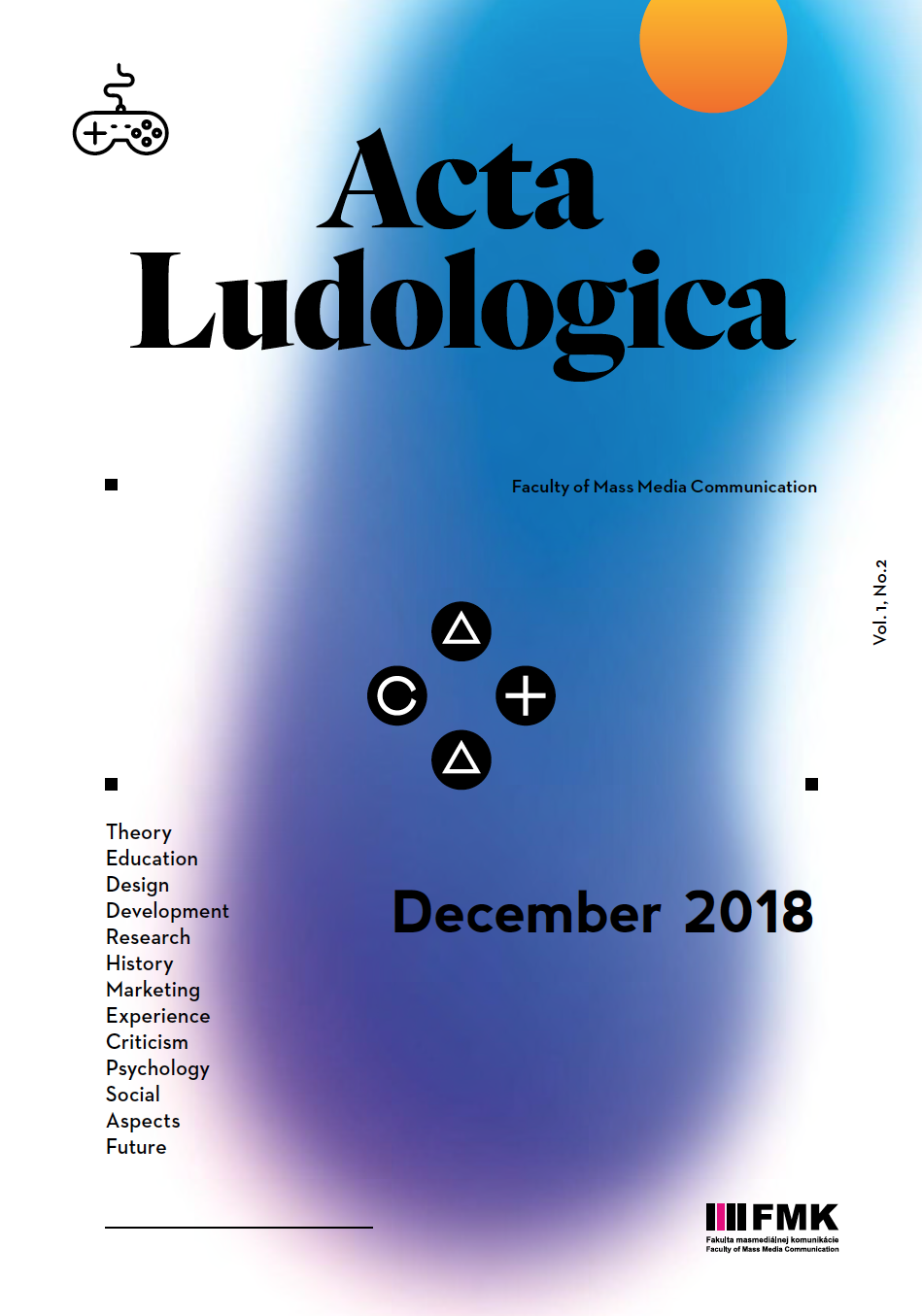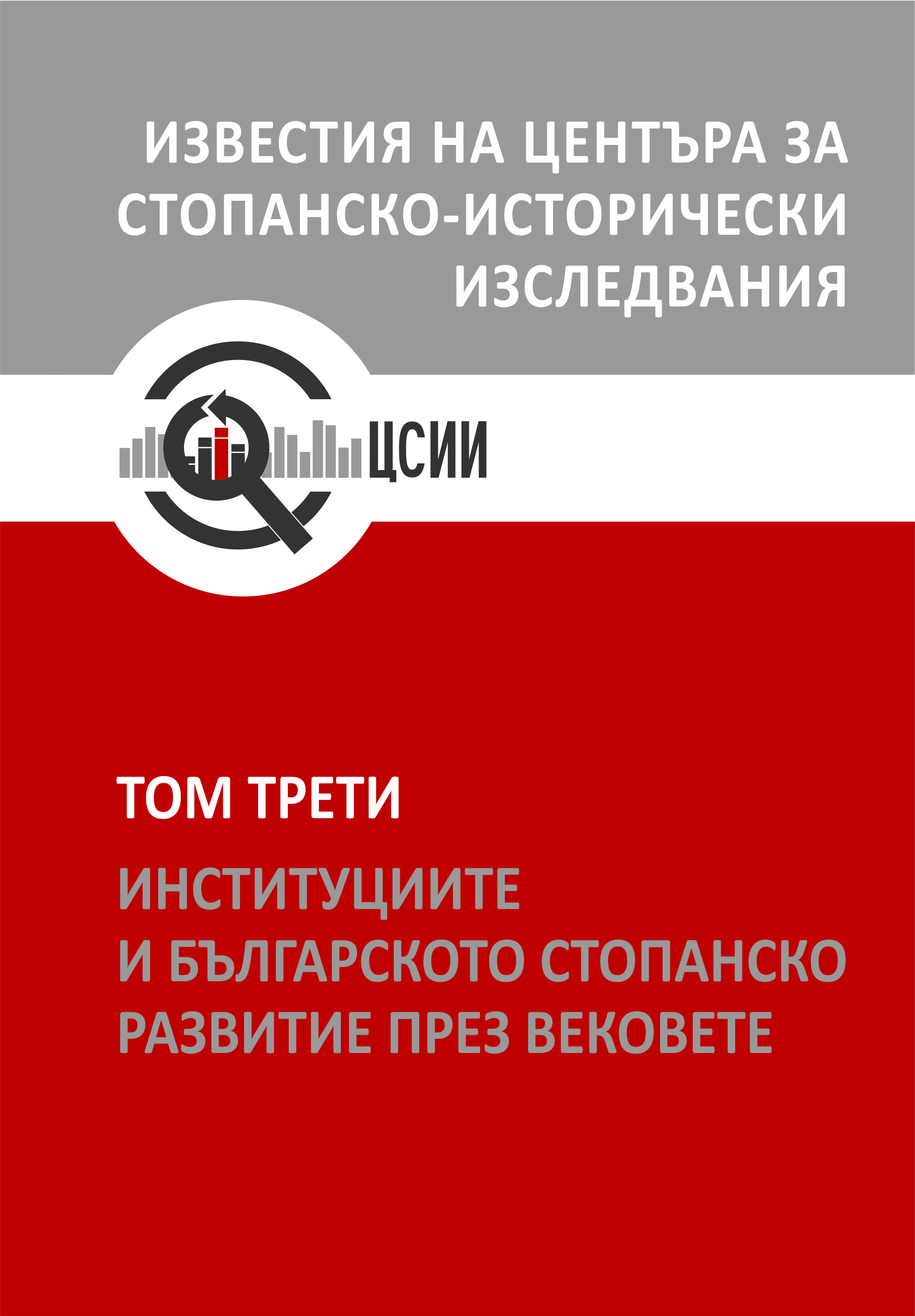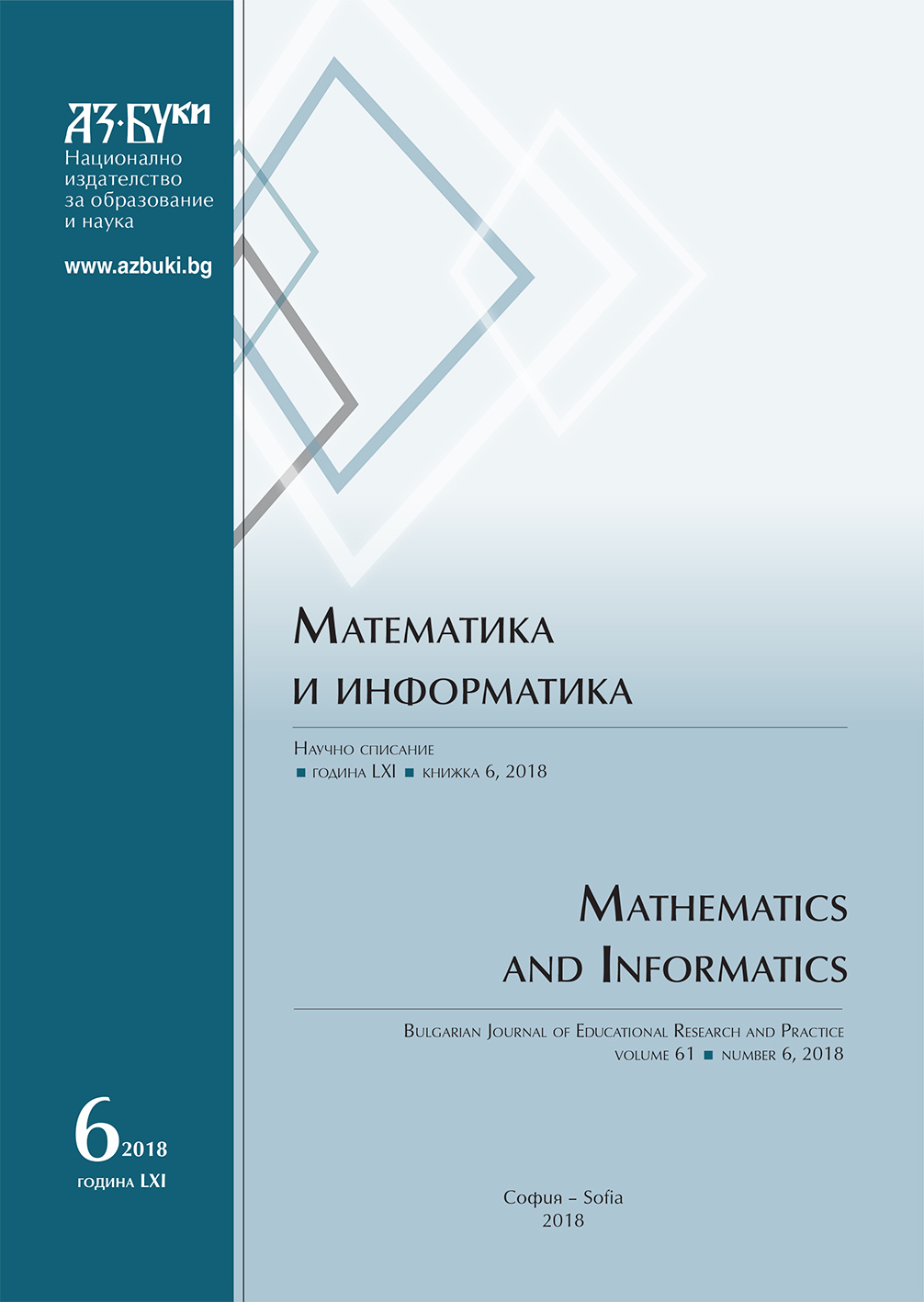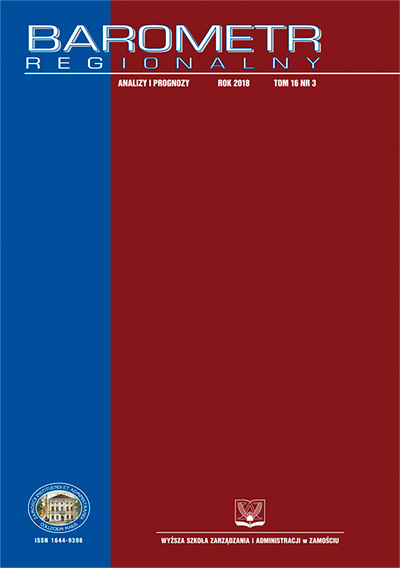Author(s): Szczepan Kościółek,Karolina Nessel,Ewa Wszendybył-Skulska,Sebastian Kopera / Language(s): English
Issue: 3/2018
Internet and related technologies have revolutionized the distribution process in the accommodation sector, giving priority to big, online intermediaries, often at the expense of the direct booking channels of small and medium independent hotels. In order to regain their independency and flexibility in distribution strategy, hotel managers need to learn more about the profiles of contemporary online bookers visiting their region. This paper aims to contribute to the understanding of similarities and differences between consumers choosing among various online distribution channels for their tourist accommodations, and therefore help accommodation providers better manage their distribution and marketing strategies. The study is based on primary data that were collected among tourists in Cracow using a convenience sampling. The collected data was sorted, grouped and analyzed using basic statistical tools. The analysis led to determination of the size, as well as socio-demographic, and consumption features of four groups of tourists according to the online accommodation channel they used: booking.com, airbnb.com, other online channels, or online directly. The findings confirm the important role played by OTAs in the distribution of accommodation services, whereas the rate of direct online bookings recorded was lower than expected. Given the predominance of Booking.com in the market, its clients represent the typical customer in Cracow. Nevertheless, some differences among the four groups are observed in terms of age, travel party composition, first vs. repeat visitors, country of residence, length of stay, daily accommodation expenditure, and type of accommodation.
More...




